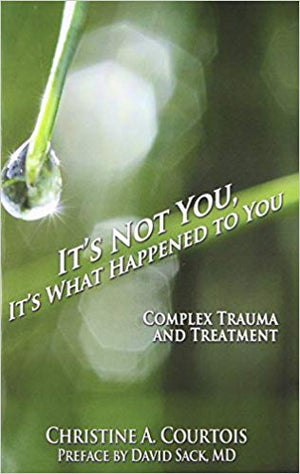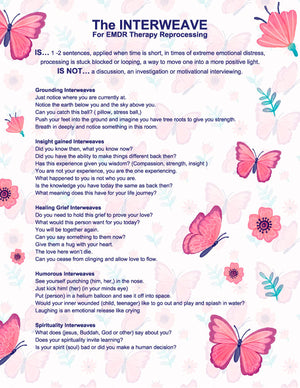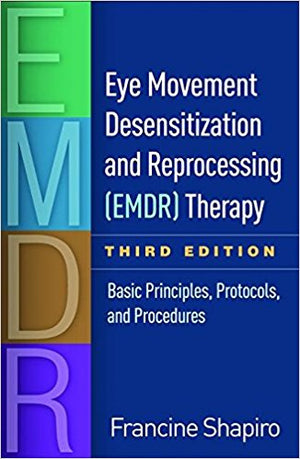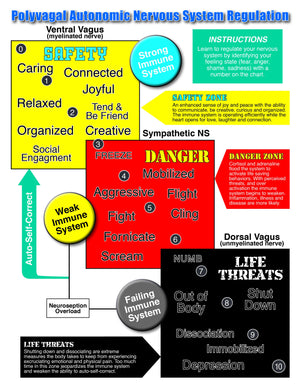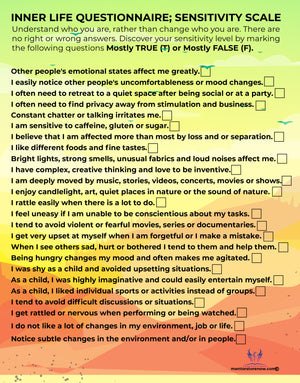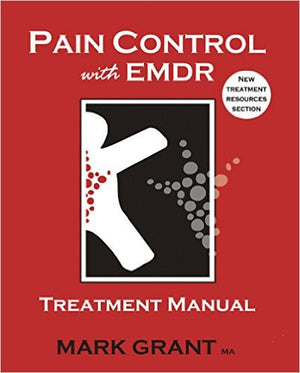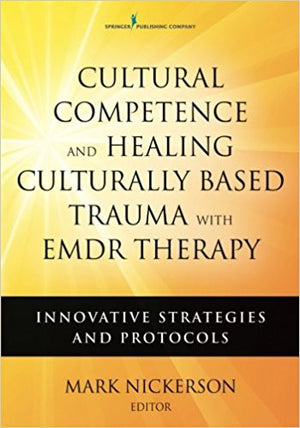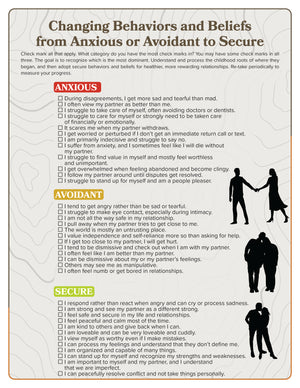{"id":2155162435687,"title":"It's Not You, It's What Happened to You: Complex Trauma and Treatment Paperback – October 12, 2014","handle":"its-not-you-its-what-happened-to-you-complex-trauma-and-treatment-paperback-october-12-2014","description":"\u003cspan\u003eWith It's Not You, It's What Happened to You: Complex Trauma and Treatment, Dr. Christine Courtois has simplified her extensive and, until now, quite scholarly work geared toward understanding and developing the concept of \"complex trauma,\" and the assessment and treatment thereof. A universally acknowledged leader in this emerging psychotherapeutic field, Dr. Courtois provides here an abbreviated and easy-to-read explanation of what complex trauma is, how it develops, the ways in which it manifests, and how it can effectively be dealt with. The book opens with an explanation of trauma in general-providing historical perspective, examining the various types of traumatic experience, and looking in-depth at the chronic, repetitive, and layered forms of trauma that often build upon and reinforce one another to create complex trauma. Next Dr. Courtois discusses trauma-driven emotional turmoil, and trauma's effects on memory, self-image, relationships, and even physical wellbeing. She then provides readers with a basic understanding of the ways in which complex trauma is diagnosed and assessed, with an explanation of all common trauma-related diagnoses-including stress disorders (such as PTSD), dissociative reactions and disorders, and frequently co-occurring issues (addictions, self-injury, sleep disorders, etc.) In the book's final section, Dr. Courtois presents rudimentary information about the ways in which complex trauma and related issues can effectively be treated, including brief explanations of all psychotherapeutic methods that might be used. Importantly, she discusses in detail the sequenced, three-stage treatment model she has developed for work with addicted survivors of complex trauma, recognizing that complex trauma and addictions are often interrelated in powerful ways, and unless both issues are addressed simultaneously, the client may not heal from either. Though It's Not You, It's What Happened to You is written for people new to the concept of complex trauma and how it may be affecting them or a loved one, clinicians will also find the work useful, relying on it as a way to bolster their own knowledge and, perhaps more importantly, as a tool for informing their traumatized clients about the degree and nature of the psychotherapeutic work to come.\u003c\/span\u003e","published_at":"2019-04-02T13:57:39-07:00","created_at":"2019-04-02T14:00:00-07:00","vendor":"Mentor Books West","type":"","tags":["emdr"],"price":1295,"price_min":1295,"price_max":1295,"available":true,"price_varies":false,"compare_at_price":1495,"compare_at_price_min":1495,"compare_at_price_max":1495,"compare_at_price_varies":false,"variants":[{"id":20323637035111,"title":"Default Title","option1":"Default Title","option2":null,"option3":null,"sku":"","requires_shipping":true,"taxable":true,"featured_image":null,"available":true,"name":"It's Not You, It's What Happened to You: Complex Trauma and Treatment Paperback – October 12, 2014","public_title":null,"options":["Default Title"],"price":1295,"weight":181,"compare_at_price":1495,"inventory_quantity":-6,"inventory_management":null,"inventory_policy":"deny","barcode":"","requires_selling_plan":false,"selling_plan_allocations":[]}],"images":["\/\/mentorstorenow.com\/cdn\/shop\/products\/its_not_u.jpg?v=1554238802"],"featured_image":"\/\/mentorstorenow.com\/cdn\/shop\/products\/its_not_u.jpg?v=1554238802","options":["Title"],"media":[{"alt":"Its not You, Its what Happened to you ","id":1400460050535,"position":1,"preview_image":{"aspect_ratio":0.633,"height":499,"width":316,"src":"\/\/mentorstorenow.com\/cdn\/shop\/products\/its_not_u.jpg?v=1554238802"},"aspect_ratio":0.633,"height":499,"media_type":"image","src":"\/\/mentorstorenow.com\/cdn\/shop\/products\/its_not_u.jpg?v=1554238802","width":316}],"requires_selling_plan":false,"selling_plan_groups":[],"content":"\u003cspan\u003eWith It's Not You, It's What Happened to You: Complex Trauma and Treatment, Dr. Christine Courtois has simplified her extensive and, until now, quite scholarly work geared toward understanding and developing the concept of \"complex trauma,\" and the assessment and treatment thereof. A universally acknowledged leader in this emerging psychotherapeutic field, Dr. Courtois provides here an abbreviated and easy-to-read explanation of what complex trauma is, how it develops, the ways in which it manifests, and how it can effectively be dealt with. The book opens with an explanation of trauma in general-providing historical perspective, examining the various types of traumatic experience, and looking in-depth at the chronic, repetitive, and layered forms of trauma that often build upon and reinforce one another to create complex trauma. Next Dr. Courtois discusses trauma-driven emotional turmoil, and trauma's effects on memory, self-image, relationships, and even physical wellbeing. She then provides readers with a basic understanding of the ways in which complex trauma is diagnosed and assessed, with an explanation of all common trauma-related diagnoses-including stress disorders (such as PTSD), dissociative reactions and disorders, and frequently co-occurring issues (addictions, self-injury, sleep disorders, etc.) In the book's final section, Dr. Courtois presents rudimentary information about the ways in which complex trauma and related issues can effectively be treated, including brief explanations of all psychotherapeutic methods that might be used. Importantly, she discusses in detail the sequenced, three-stage treatment model she has developed for work with addicted survivors of complex trauma, recognizing that complex trauma and addictions are often interrelated in powerful ways, and unless both issues are addressed simultaneously, the client may not heal from either. Though It's Not You, It's What Happened to You is written for people new to the concept of complex trauma and how it may be affecting them or a loved one, clinicians will also find the work useful, relying on it as a way to bolster their own knowledge and, perhaps more importantly, as a tool for informing their traumatized clients about the degree and nature of the psychotherapeutic work to come.\u003c\/span\u003e"}

